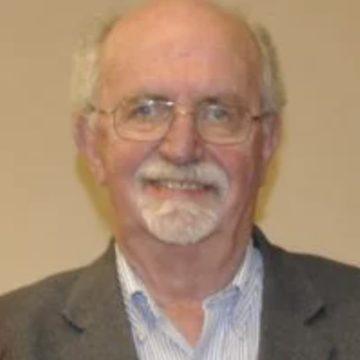Richard Marshall interviews Andrew Brook at 3:16:
3:16: You’ve worked a deal in philosophical issues arising in the various areas of cognitive science. Starting there then, so we get a sense of the landscape, what is the philosopher’s role in this area? Some non-philosophers (and a few philosophers) would wonder whether there’s any point to heeding philosophers here – the thought is that the scientists have it all locked down and under control! So what’s the difference between philosophy in cognitive science and philosophy of cognitive science and what are philosophers doing in the former?
 AB: Yes, indeed! I was there when Christof Koch, a cognitive neuroscientist of international renown, said that philosophers had made a good speculative start but scientists (he meant ‘we scientists’) are now doing the job properly. A view that betrays a deep-running ignorance of philosophy, in my opinion. Philosophy has a central role to play in cognitive science and philosophy of cognitive science still has a lot of work to do. In cognitive science, philosophers do vital work clarifying concepts (the conceptual toolbox of cognitive research is a mess) and showing how hypotheses and theories relate to one another – in short, showing how things, in the broadest sense of ‘things’, hang together, in the broadest sense of ‘hang together’, as the outstanding American philosopher Wilfred Sellars put it some decades ago. Philosophy of cognitive science is just a branch of philosophy of science, though the wide range of styles of explanation used by cognitive researchers, just to take one example, offer some special challenges.
AB: Yes, indeed! I was there when Christof Koch, a cognitive neuroscientist of international renown, said that philosophers had made a good speculative start but scientists (he meant ‘we scientists’) are now doing the job properly. A view that betrays a deep-running ignorance of philosophy, in my opinion. Philosophy has a central role to play in cognitive science and philosophy of cognitive science still has a lot of work to do. In cognitive science, philosophers do vital work clarifying concepts (the conceptual toolbox of cognitive research is a mess) and showing how hypotheses and theories relate to one another – in short, showing how things, in the broadest sense of ‘things’, hang together, in the broadest sense of ‘hang together’, as the outstanding American philosopher Wilfred Sellars put it some decades ago. Philosophy of cognitive science is just a branch of philosophy of science, though the wide range of styles of explanation used by cognitive researchers, just to take one example, offer some special challenges.
More here.
